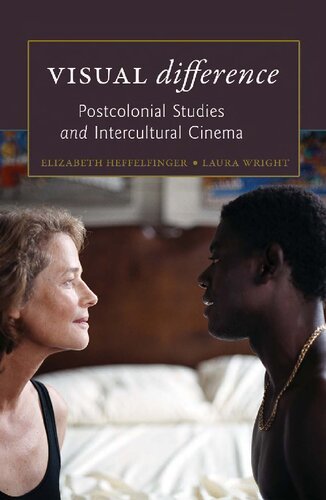

Most ebook files are in PDF format, so you can easily read them using various software such as Foxit Reader or directly on the Google Chrome browser.
Some ebook files are released by publishers in other formats such as .awz, .mobi, .epub, .fb2, etc. You may need to install specific software to read these formats on mobile/PC, such as Calibre.
Please read the tutorial at this link: https://ebookbell.com/faq
We offer FREE conversion to the popular formats you request; however, this may take some time. Therefore, right after payment, please email us, and we will try to provide the service as quickly as possible.
For some exceptional file formats or broken links (if any), please refrain from opening any disputes. Instead, email us first, and we will try to assist within a maximum of 6 hours.
EbookBell Team

4.4
72 reviewsThis book borrows from and respects various forms of categorization - intercultural, global, third, and accented - while simultaneously seeking to make manifest an alternate space of signification.
What feels like a mainstream approach is pedagogically necessary in terms of access, both financial and physical, to the films discussed herein, given that this text proposes models for teaching these works at the university and secondary levels.
The focus of this work is therefore twofold: to provide the methodology to read and teach postcolonial film, and also to provide analyses in which scholars and teachers can explore the ways that the films examined herein work to further and complicate our understanding of «postcolonial» as a fraught and evolving theoretical stance.